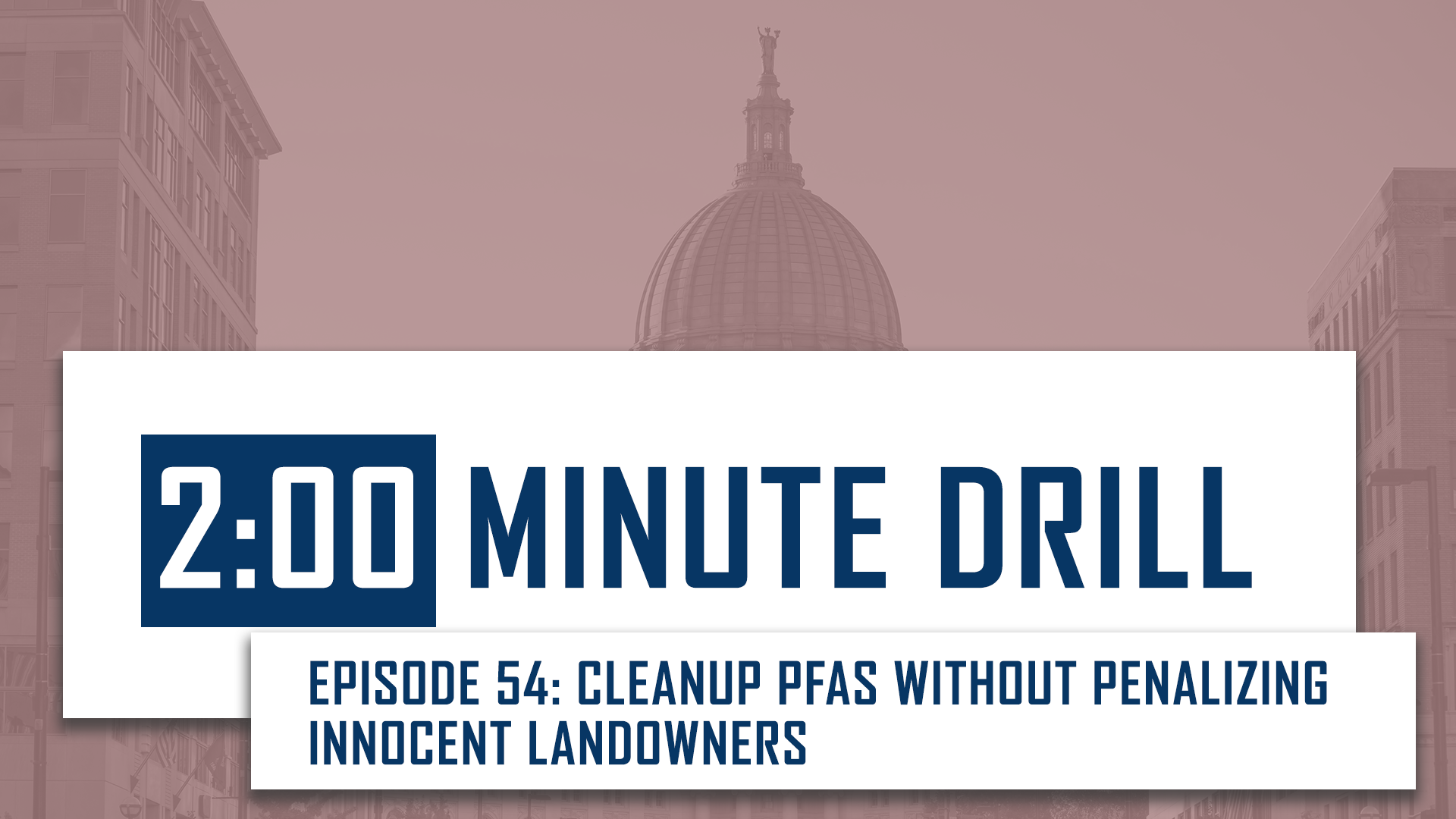Wisconsin has made significant progress in improving our state’s business climate and getting our fiscal house in order, but some major areas of public policy are still in need of reform. Our state individual income tax is a leading candidate.
Wisconsin has historically ranked high in both income and property taxes compared to other states, while our sales tax is relatively low. According to the Wisconsin Taxpayers Alliance, limits on property taxes adopted last year led to a net statewide increase in revenue of only 0.2 percent in 2012. Those limits will remain in effect for the foreseeable future. This leaves the income tax as a major challenge for Governor Walker and the Legislature to reform.
The non-partisan Tax Foundation released two key rankings of the states in October. The 2013 State Business Tax Climate Index placed Wisconsin 43rd among the states (close to the bottom), while the 2010 State-Local Tax Burden Rankings placed Wisconsin close to the top at 5th place. In both studies, our high income tax burden contributed greatly to lowering Wisconsin’s standing.
The incoming Assembly Speaker, Representative Robin Vos (R-Burlington), urged the formation of a special legislative study committee this year to review our income tax structure. The committee has received testimony from state and national tax experts as well as local CPAs.
One common theme of the testimony is that Wisconsin’s code is too complex, with too many tax credits, deductions, and checkoffs (“departures from federal adjusted gross income,” in accounting parlance). The number of state differences with the federal tax code doubled in the past ten years.
Another theme was eliminating our state alternative minimum tax (AMT), which is paid by about 4,500 taxpayers and generates around $5.3 million annually, compared to over $7 billion collected from state individual income taxes last year. Compliance costs are estimated to be far above that figure, as many taxpayers must prepare both an AMT and a regular return before determining which to pay. In 2009, Governor Doyle created a new 7.75 percent tax bracket for those earning $225,000 or more; the previous top rate was 6.75 percent. Most businesses today incorporate as pass-through entities (such as S corporations and LLCs) and do not pay corporate income tax (C corporations do), so these businesses pay individual income taxes. Many people seem unable to comprehend that much of the individual income tax is collected from businesses. In fact, 90 percent of businesses and over two-thirds of manufacturers incorporate as passthrough entities. Repealing the 2009 top income bracket would be a strong progrowth boost for Wisconsin.
Our corporate income tax rate is a uniform 7.9 percent. If a lower individual income tax rate can be achieved in Wisconsin, reducing the corporate rate to match the new top individual bracket would eliminate any state tax preference a company may realize by forming as a pass-through entity rather than a C corporation.
The Governor and Legislature must reach a healthy balance between providing the desired level of government services and allowing the business community to flourish. This in turn generates the tax revenue to boost education spending, fund BadgerCare and address other worthy goals.
Granting income tax relief to the taxpayers and businesses of the state will provide much needed relief and send a powerful signal to others around the nation (and world) that in these troubled times, Wisconsin is indeed Open for Business.
Jason Culotta, WMC Director of Tax & Transportation Policy

Episode 54: Clean Up PFAS Without Penalizing Innocent Landowners
https://youtu.be/cQd0flOJmso WMC is highlighting a proposal from the Wisconsin Legislature to protect innocent landowners from being unfairly penalized as polluters while enabling targeted PFAS cleanup.




